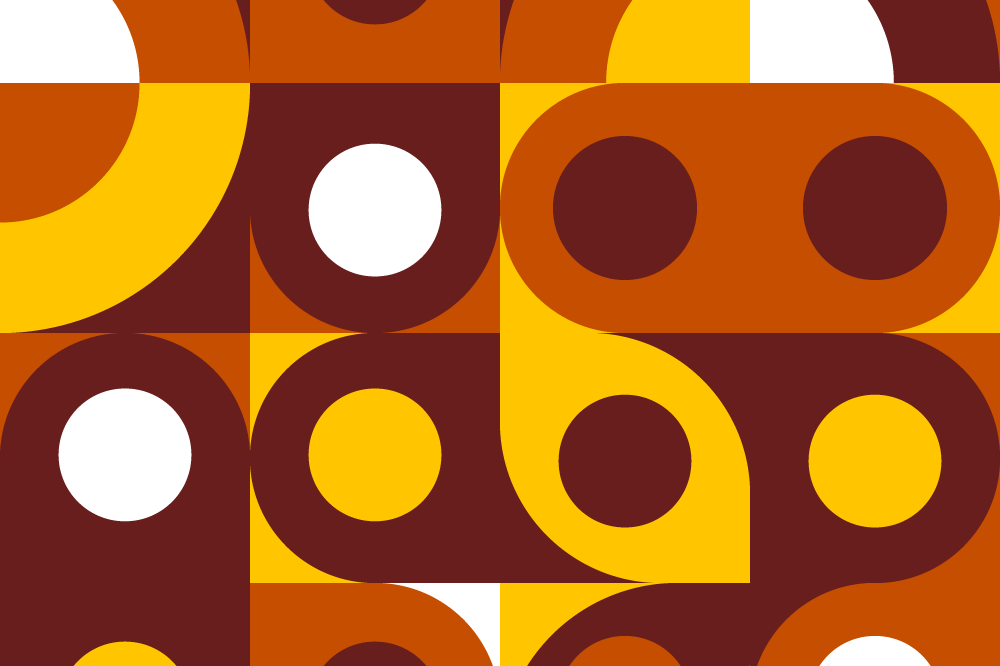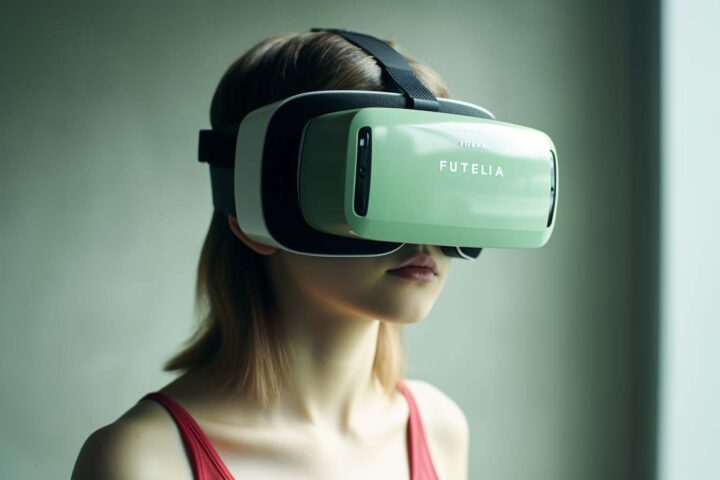In today’s rapidly advancing technological landscape, automation has become a key player in various industries. From self-driving cars to smart homes, the influence of technology is undeniable. One area that has garnered considerable attention is the field of medicine. With the rise of medical technology, there is a growing debate about the potential of automation to replace doctors. In this article, we will delve into the possibilities and limitations of medical tech, and explore whether it can truly replace the expertise and human touch of doctors.
The Advantages of Medical Tech
The development of medical technology has undoubtedly revolutionized the healthcare industry. From robotic surgeries to artificial intelligence (AI) diagnostics, innovations in medical tech have the potential to improve patient outcomes and streamline healthcare processes.
One of the notable advantages of medical tech is its ability to enhance precision and accuracy. Robotic surgeries, for example, can perform complex procedures with greater precision than human hands. This minimizes the risk of error and reduces the recovery time for patients. Similarly, AI algorithms can analyze vast amounts of medical data efficiently, leading to faster and more accurate diagnoses.
Furthermore, medical tech has the capability to increase access to healthcare services, particularly in remote or underserved areas. Telemedicine, for instance, allows patients to consult with doctors remotely via video calls, eliminating the need for physical appointments. This enables individuals to receive timely medical advice and treatment without the constraints of distance or limited healthcare facilities.
The Limitations of Medical Tech
While medical tech offers numerous benefits, it also faces certain limitations that prevent it from completely replacing doctors. Firstly, the aspect of empathy and human connection cannot be replicated by technology. The bond between doctors and patients, built on trust and compassion, plays a pivotal role in providing holistic healthcare. Patients often seek comfort and reassurance from a human presence, which technology alone cannot provide.
Additionally, medical tech lacks the ability to adapt to unique and complex situations. Doctors possess years of experience and expertise that equip them to make critical decisions in unforeseen circumstances. They rely on intuition, comprehensive knowledge, and nuanced judgment to assess individual patients and tailor treatment plans accordingly. Machines, on the other hand, operate based on algorithms and predefined protocols, limiting their adaptability.
Furthermore, the cost associated with acquiring and maintaining medical tech can be a significant barrier. Investing in sophisticated equipment, training healthcare professionals, and ensuring software updates can be financially burdensome. This raises concerns about the affordability and accessibility of healthcare, particularly for populations with limited resources.
The Future of Medicine: Collaboration, not Replacement
While medical tech has the potential to enhance healthcare delivery, it is important to recognize that it should complement, rather than replace, the role of doctors. Collaboration between medical professionals and technology is key to leveraging the benefits of automation while preserving the human touch.
Doctors can harness the power of medical tech to conduct more accurate diagnoses, streamline administrative tasks, and enhance patient monitoring. By integrating technology into their practice, doctors can focus on providing personalized care and building strong patient-doctor relationships. This collaborative approach ensures that patients receive the best of both worlds – the efficiency of technology and the expertise of doctors.
In conclusion, medical tech has undoubtedly transformed the healthcare industry and has the potential to significantly improve patient outcomes. However, it cannot replace the irreplaceable – the human connection, adaptability, and expert judgment that doctors bring to the table. The future of medicine lies in striking a balance between technology and human expertise, leveraging the advantages of automation while acknowledging its limitations. By embracing a collaborative approach, we can make strides towards a healthcare system that combines the best of both worlds.







